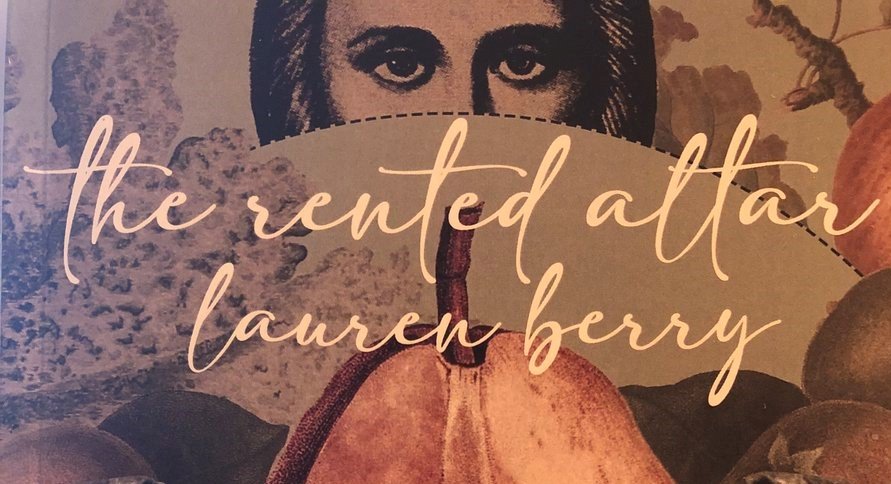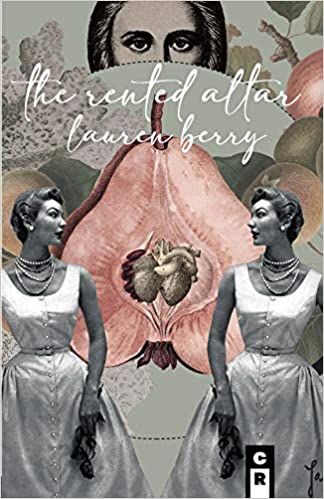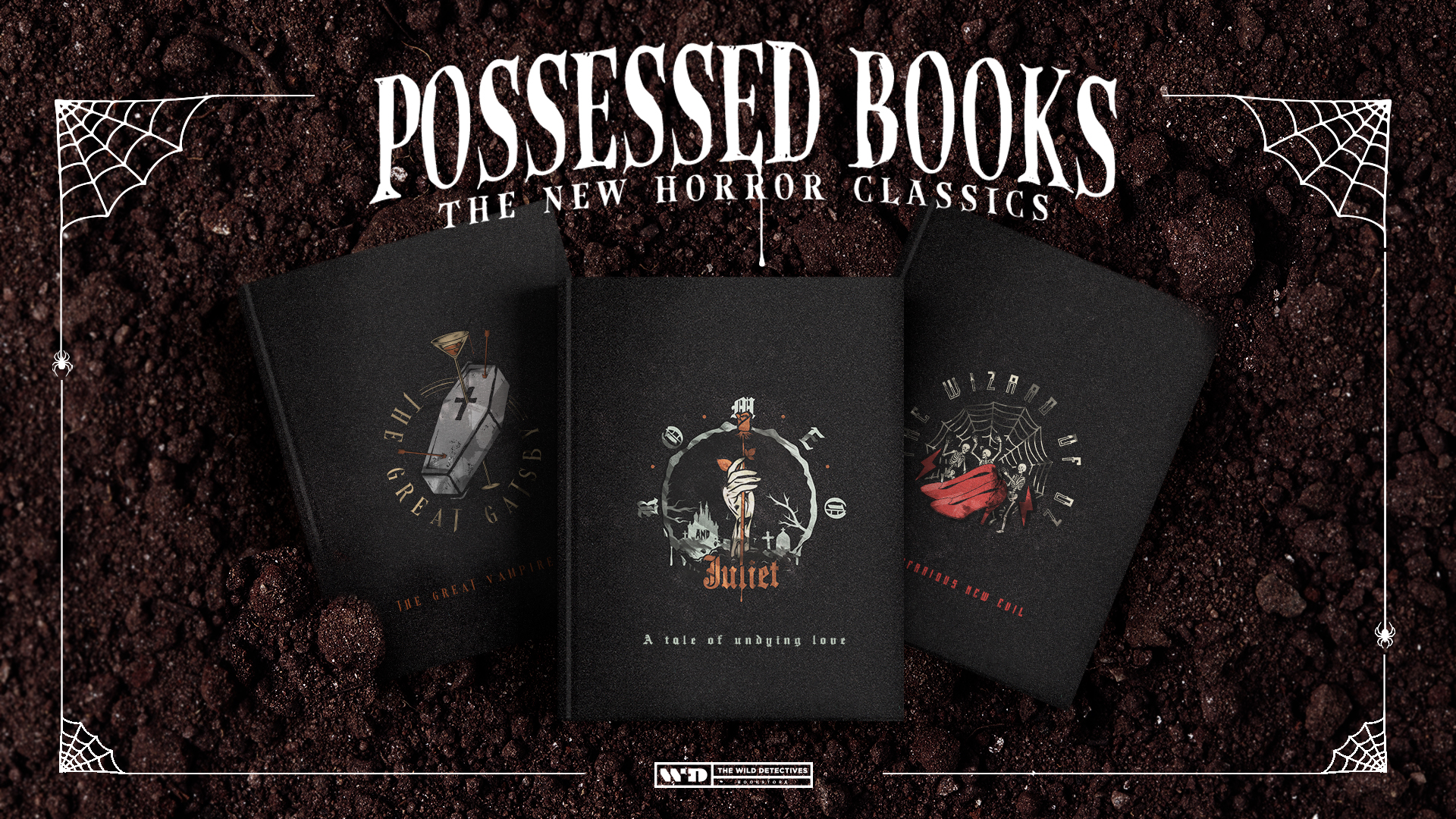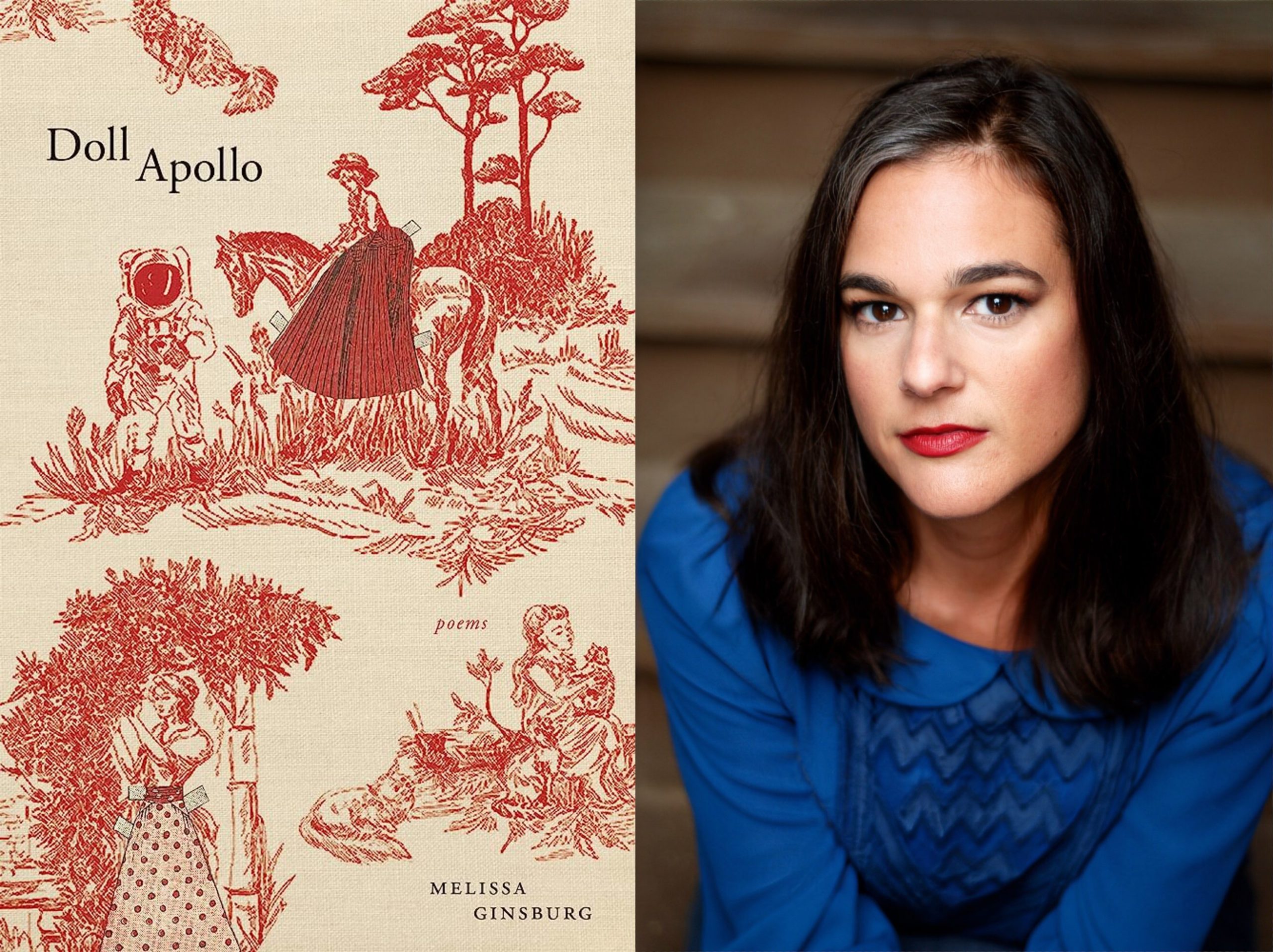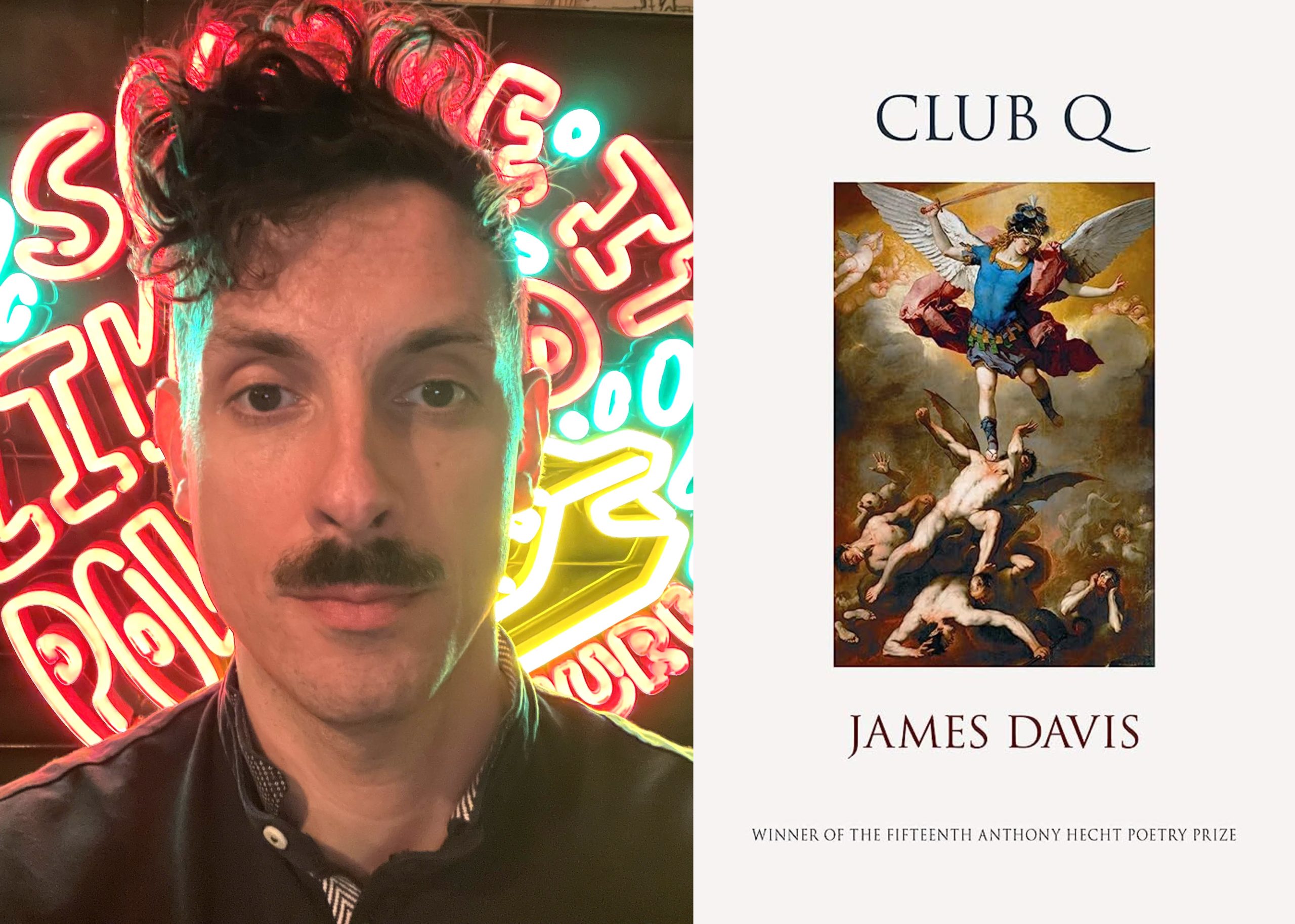I was excited when I found out Lauren Berry’s second poetry collection, The Rented Altar (2020), would be published by C&R Press. Her debut collection, National Poetry Series winner The Lifting Dress (Penguin, 2010), is a book I’ve returned to many times over the years since I first picked it up. I was fascinated by the lush, dark, terrifying world of Berry’s young speaker in the first book, and I expected her second book to be just as compelling.
The Rented Altar tells the story of a woman in suburban Florida as she marries a man and becomes a stepmother to a young boy, a setting that seems straightforward enough. But this book, as Berry tells me in our Inner Moonlight episode, is a work of horror. The poems are surreal, dream-like, profoundly unsettling, and utterly gripping throughout.
I love books that expand my notion of what poetry can do, especially when the poems take up elements of other literary genres. The Rented Altar moves through four sections titled “Engagement,” “Honeymoon,” “Labor,” and “Splinter.” Each poem in the collection contains its own surprises, but the overall experience of the book is that of a horror/noir/dark fairytale novel-in-verse. In the title poem, which appears in “Engagement,” the speaker invites us into the day after her wedding, waking to find “the entire town [came] down / with fever,” and a scene of dead plants, broken glass, and destruction. The speaker says, chillingly, “I knew this would happen. / Even when I love as well as I can, / I leave a wake of ruin.” The speaker is not the only purveyor of destruction in the book; the husband character is revealed to be terrifying and cruel. Part of the horror here is that none of the adult characters are clearly “good.” I am drawn to the voice of the speaker, who relays her own darkness and the darkness of her husband with calm but visceral clarity.
The darkness of the book is tempered by its lush imagery—it’s full of flowers, fruit, and vivid sensory experiences—and the presence of the stepson, who is depicted in a loving, luminous tone. The speaker discovers she is unable to conceive a child, which we learn more about in poems with amazing titles like “What I Want Them to Say About Me the Next Time I Lose a Baby.” The poems in this collection consider grief as well as the emotional journey of finding one’s place as a stepparent. Honestly, in the landscape of narratives about motherhood, this voice is unique, and that’s a definite strength of the collection for me. In “Labor Day Weekend at Captiva Island,” the speaker asks, “How does the boy / view my origin? / At what moment / did I become his?” This collection asks this, and many other profound questions about parenthood, and I found that satisfying as a parent myself.
When I spoke to Lauren Berry about this book, she told me it scared some folks enough that she was told to “put it in a drawer” for good. I’m glad she didn’t. The thing about poetry is that it makes no promises to the reader about what it can do. In the poem, “We Gave Ourselves the Summer to Find the Spark,” which closes the collection, the speaker mentions “the bad girls / in the horror films I made him binge that summer. // They stood no chance as they scurried down basement stairs, / their delicate ankles twisting just off-screen, pianos in high alert,” smartly reminding us what sort of story we’ve been in all along. If you didn’t know that poetry can do what your favorite scary stories can do—draw you in, startle and unsettle you, tell you something deeply dark but very true about yourself or someone else—now you do. I dare you to read it.
Lauren Berry was the guest for The Inner Moonlight Podcast episode in July, you can listen to the conversation here
You can find this book here
